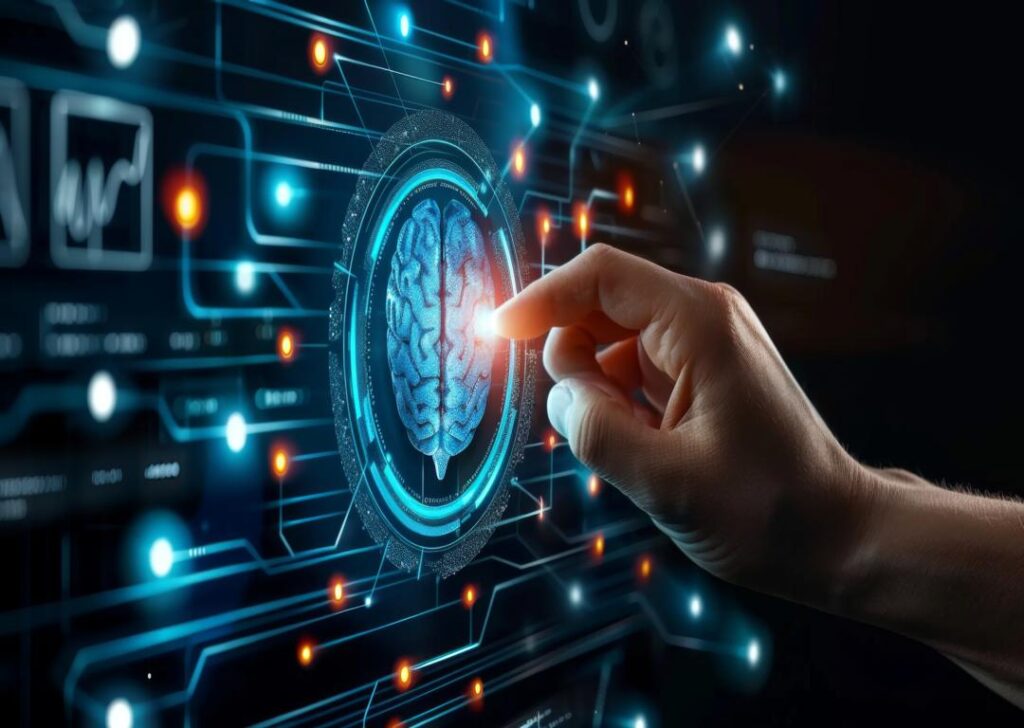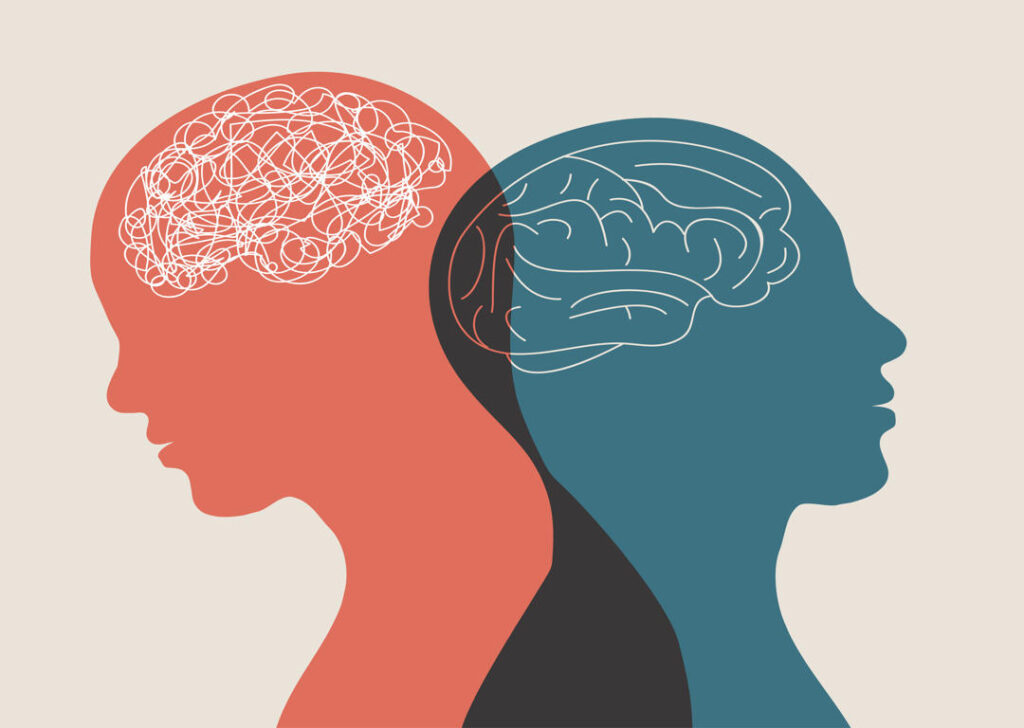ADoH Blog
Understanding The Affective Determinants of Health
- Posted by: wp_admin
- Date:
While not widely recognized, the field of Affective Determinants of Health (ADoH) is gaining popularity due to an increased understanding of its pivotal role in shaping a person’s health behaviors. For many years, health behavior theories emphasized the role of conscious, behavior-specific cognitions as the main determinants of health behaviors.

The Crucial Link Between Emotional and Physical Well-Being
- Posted by: wp_admin
- Date:
As we continue to explore the intricate web of human well-being, it’s evident that emotional and physical states are not isolated factors but interconnected facets that significantly influence one another. We’ve seen this correlation play out time and again, highlighting the pivotal role that emotions play in shaping our physical

The Crucial Role of ADoH in Whole Person Health and Value-Based Care
- Posted by: wp_admin
- Date:
In today’s healthcare landscape, stakeholders are acutely aware of the pressing need to bolster the value proposition for patients. At its core, value-based healthcare is simply the quality of care against its associated costs. However, this equation, seemingly straightforward, has eluded the U.S. healthcare system. Presently, the U.S. healthcare system

Enhancing Patient Engagement with Emotii
- Posted by: wp_admin
- Date:
Patient engagement refers to the involvement of patients in their health care, encompassing their willingness and ability to actively participate in decision-making, manage their health conditions, and maintain healthy behaviors. High levels of patient engagement correlate with improved health outcomes, greater patient satisfaction, and reduced healthcare costs. Emotii, a leader

Understanding Affective Screening Technology
- Posted by: wp_admin
- Date:
Affective screening technology is an emerging field that focuses on the use of advanced tools to monitor and interpret human emotions and mental states. This technology leverages artificial intelligence (AI), machine learning, and various biometric sensors to provide real-time insights into a person’s emotional well-being. Emotii, a pioneer in this
Longitudinal Tracking in Mental Health
- Posted by: wp_admin
- Date:
Longitudinal tracking in mental health involves the continuous monitoring and recording of an individual’s emotional and psychological states over an extended period. This method allows for a comprehensive understanding of mental health trends, enabling healthcare providers to identify patterns, predict potential issues, and tailor treatments to individual needs. Emotii, a

The Significance of Real-Time Data in Healthcare
- Posted by: wp_admin
- Date:
Real-time data is transforming the healthcare landscape, providing caregivers and patients with immediate access to critical health information. This rapid data availability enhances decision-making, improves patient outcomes, and optimizes resource utilization. Emotii, a leader in innovative healthcare solutions, leverages real-time data to revolutionize patient care, making it more efficient and

Cultural Inclusivity in Patient Screenings
- Posted by: wp_admin
- Date:
Cultural inclusivity in healthcare involves recognizing, respecting, and integrating the diverse cultural backgrounds of patients into their care. It aims to improve healthcare outcomes by ensuring that patients from all cultural backgrounds feel respected and understood. This approach is crucial in patient screenings, where cultural barriers can affect the accuracy

Integrating Emotii with Existing Systems
- Posted by: wp_admin
- Date:
In the dynamic landscape of healthcare, integrating new technologies into existing systems can be a challenging yet essential task. Emotii, a pioneering platform that leverages affective data to enhance healthcare outcomes, offers significant benefits. However, for healthcare organizations to fully realize these benefits, seamless integration into their current systems is

How Affective Data Improves Healthcare Outcomes
- Posted by: wp_admin
- Date:
In the rapidly evolving field of healthcare, the integration of affective data—information related to emotions and mood—has emerged as a transformative approach to enhancing treatment decisions and patient care. Affective data provides deeper insights into patients’ emotional states, which can significantly influence health outcomes. Emotii, a pioneering company in this

Reducing Cognitive Bias in Health Screenings
- Posted by: wp_admin
- Date:
In the realm of healthcare, cognitive bias poses a significant challenge, often impacting the accuracy and effectiveness of patient screenings. Cognitive biases are systematic errors in thinking that affect the decisions and judgments that people make. These biases can lead to misdiagnoses, inappropriate treatments, and ultimately, poorer health outcomes. Emotii’s

The Importance of Early Detection in Mental Health
- Posted by: wp_admin
- Date:
In recent years, the significance of early detection in mental health has gained substantial attention from healthcare professionals and researchers. The onset of mental health disorders can be subtle, often progressing unnoticed until they significantly impact an individual’s quality of life. Early detection through tools like Emotii can play a

The Missing Dimension in Population Health
- Posted by: wp_admin
- Date:
Integrating Affective Determinants of Health with Social Determinants Population health, at its core, is about understanding and addressing the multitude of factors that influence health outcomes across specific populations. Since the early 2000s, the spotlight has been on social determinants of health (SDOH)—external factors ranging from housing stability to education
